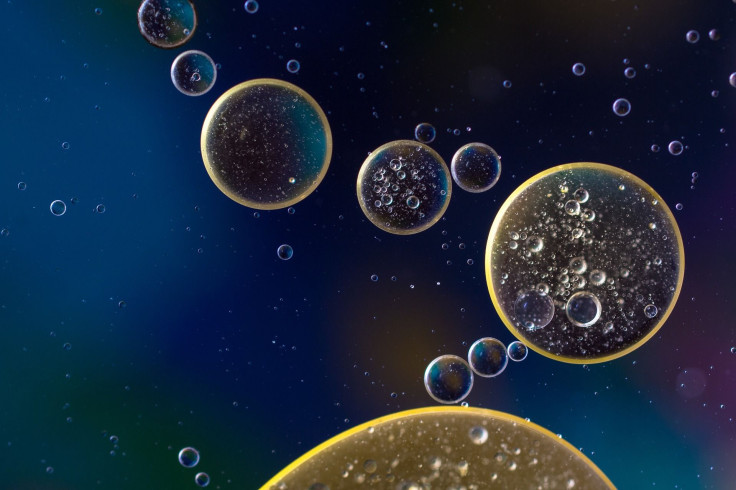Autism Cure Research 2017: Hormone Oxytocin Reverses Attention, Social Dysfunction In Rats

Could a hormone our bodies naturally produce hold the key for reversing autism? It’s a question raised in recent years, as scientists have delved deeper into how oxytocin works, and new research takes a step toward an affirmative answer.
Mount Sinai Hospital scientists published a study in the journal eLife that says oxytocin treatments “boosted social memory and led to improvements in other symptoms,” like a short attention span, in rats they bred with a genetically caused condition called Phelan-McDermid syndrome, which has been linked to autism and intellectual disability in humans. There are no current treatments for Phelan-McDermid, so the findings present a possible avenue for researchers to pursue.
Read: First Signs of Autism
The condition is marked by delayed or absent speech, poor motor skills, weak muscles and other physical abnormalities both internal and external, according to the National Organization for Rare Disorders. “Behavior is described as ‘autistic-like’ with tactile defensiveness, anxiety in social situations, avoidance of eye contact and self-stimulatory behavior.” At its root is a missing piece of a chromosome, one of many which hold genetic information in our cells, NORD explains.
And the study in eLife says mutations in a specific gene, called SHANK3, are the cause of the neurodevelopmental disorder — those mutations “disrupt communication between brain cells involved in memory and learning.”
The U.S. National Library of Medicine’s Genetics Home Reference explains how this happens: People with Phelan-McDermid should have two copies of SHANK3 but only have one, because of that missing chromosome piece, and thus have less of the protein the gene creates. The protein is crucial to cell communication, and the decreased communication could be what is causing the developmental symptoms we see in those patients.
The rats used in the study were bred to have the same genetic mutations found in humans with Phelan-McDermid, and showed similar symptoms of the condition. When the researchers treated them with oxytocin, a hormone our brains naturally create and release, those symptoms improved.
Oxytocin is often referred to as a social hormone, because it is involved in bonding, among other functions. The Hormone Health Network says it “promotes lactation by moving the milk into the breast” when a baby sucks at its mother’s nipple and “triggers the bond between a mother and an infant.” It has also been implicated in sexual arousal, stress, addiction and trust. While the research is not definitive on the matter, low levels of the hormone have been linked to autism, depression and other disorders in some people.
Because the oxytocin treated rats with SHANK3 genetic mutations and those mutations have been “involved in other forms of autism, these rats will also be useful in understanding the other ways in which autism can develop,” according to the new study. Those subtypes of autism have differences from Phelan-McDermid, but there are also similarities.
Source: Buxbaum JD, Harony-Nicolas H, Kay M, et al. Oxytocin improves behavioral and electrophysiological deficits in a novel Shank3-deficient rat. eLife. 2017.
See also:



























